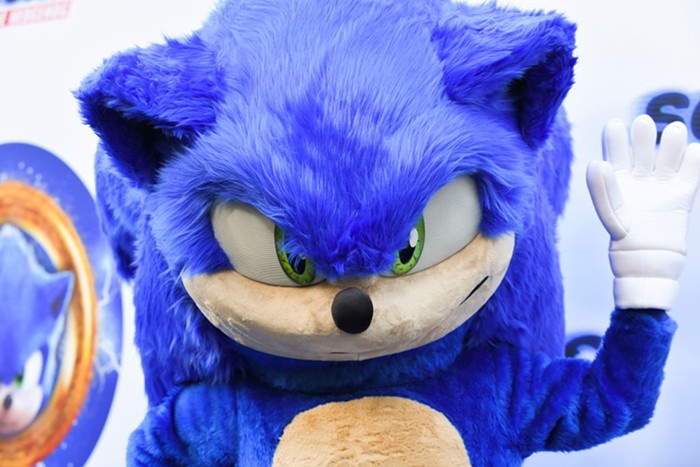JONATHAN FRANZEN'S new novel Freedom has emerged in such a cloud of controversy, anticipation, and opinion that to receive the book itself—a regular ol' hardback, with lots of pages and a goofily designed cover—is almost anticlimactic. Time magazine put Franzen on its cover, the first time a living author has had the honor in a decade; lady writers Jennifer Weiner and Jody Picoult used the book as a lightning rod to criticize the New York Times' coverage as biased toward white male novelists; a bookseller gave President Obama an advance copy of the novel, igniting an acquisitory frenzy before the book was even on the shelves.
And most of the hype is justified, of course, which will surprise no one who read Franzen's 2002 novel The Corrections. The book itself is undeniably accomplished, because Franzen is an undeniably accomplished prose stylist. He knows how to take a family drama and extend its edges to encompass our national preoccupations; he knows how to draw a character whose flaws and passions seem human and unforced. Freedom is ostensibly an account of the Berglund family—competitive Patty, her doting husband Walter, their neo-con son Joey and poised daughter Jessica. But Franzen's got points to make, observations about the personal, environmental, and political ramifications of that concept so tied to our national self image: freedom.
The political motifs are timely and well-drawn. Any nature lover will relate to Walter's agonizing over the environment; anyone who waffled on the WMD question will recognize the uncertainties of the time in Joey's own journey from unquestioning patriotism to concerned skepticism. But there is something disheartening about slogging along with Franzen's characters. He simply doesn't seem to like people very much, and in his entire 576-page novel, he presents one, maybe two characters who aren't defined by their worst traits. Character flaws and selfish decisions so drive the book's momentum that to read it feels to be implicated—and perhaps that's Franzen's intent, after all. The novel is, in large part, about both the corruption underlying the American presence in Iraq and the domestic failures of the environmental movement (which often pits individual freedoms against a greater environmental good)—two realms in which we are all arguably complicit.















